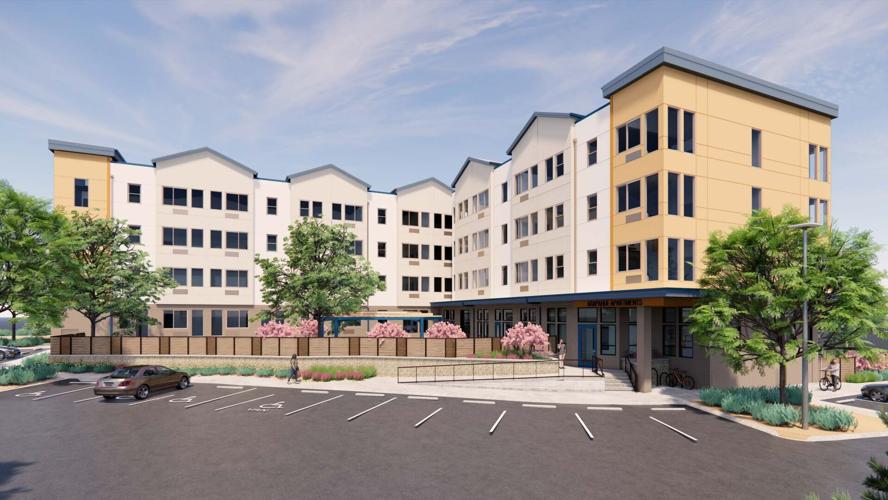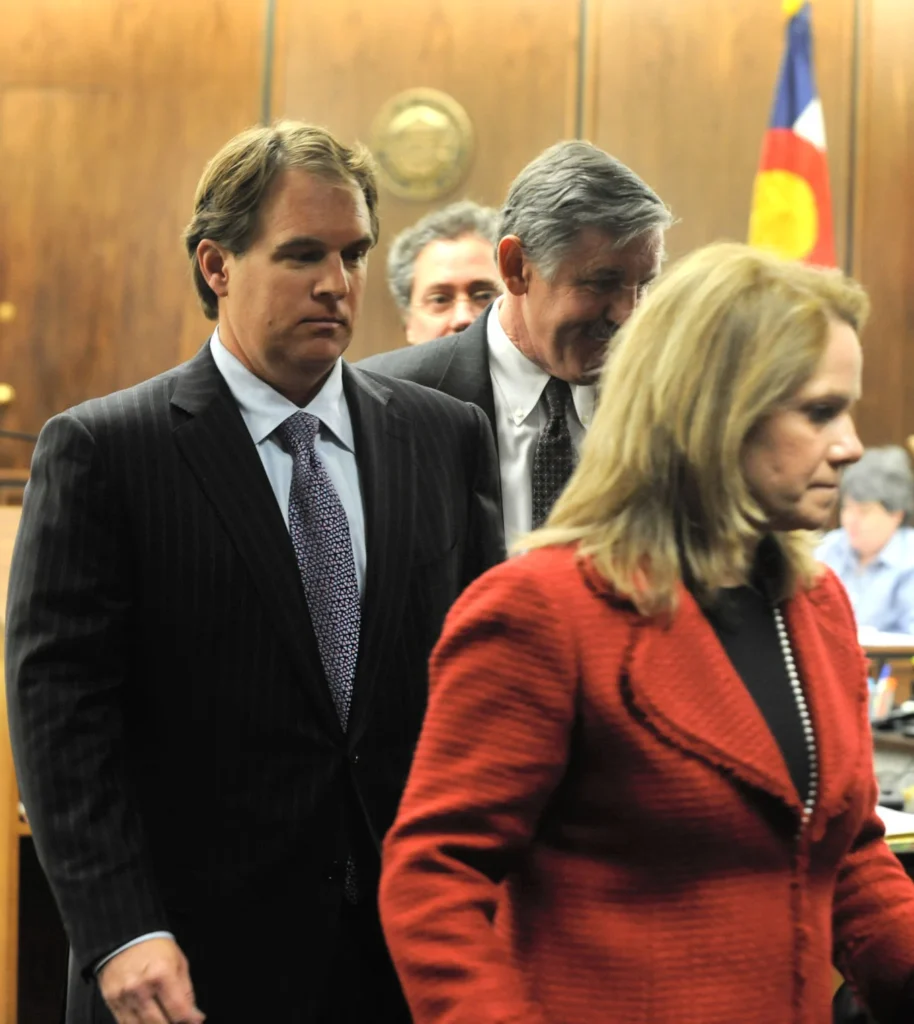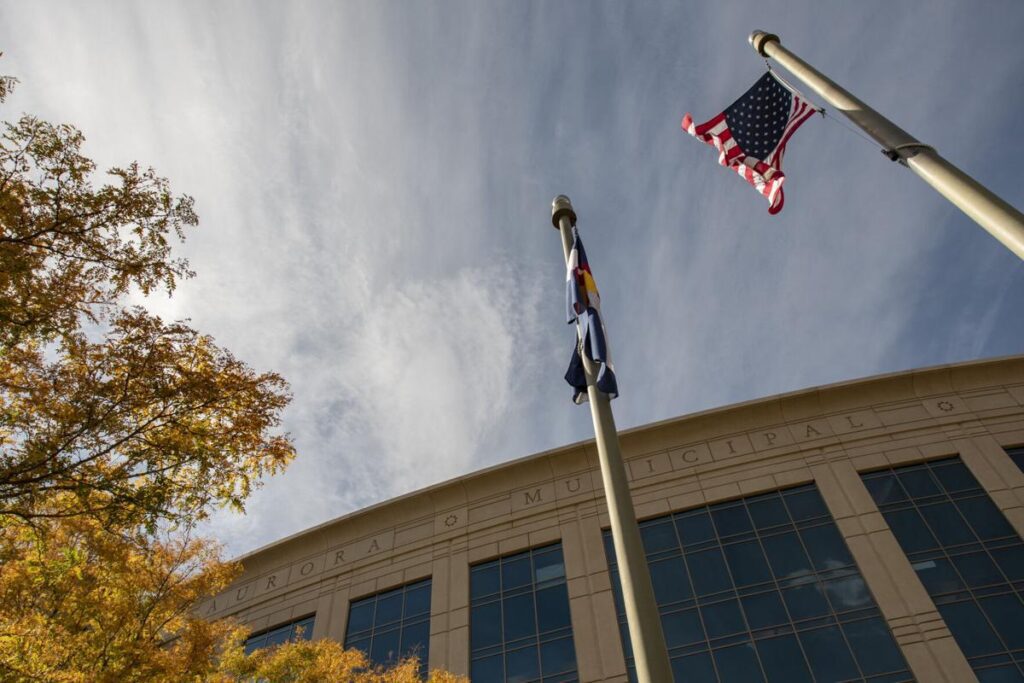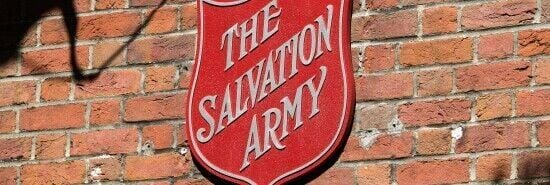Arapahoe County, Denver celebrate new affordable housing projects
Arapahoe County secured $30 million for a permanent supportive housing project for homeless people and those with a criminal record.
Meanwhile, Denver Housing Authority held a ribbon cutting ceremony Thursday to celebrate the opening of a new affordable housing complex.
The housing facility, at 1900 South Chambers Road in Aurora, is a 60-unit development that is meant to address chronic homelessness and reduce recidivism through providing affordable housing and support services for residents, according to a Thursday press release.
Arapahoe County Commissioner Leslie Summey said the project is an example of a “bold, thoughtful investment that sets Arapahoe County apart.”
“By combining housing with proven, compassionate care strategies, we’re building a new model for how communities can reduce homelessness and recidivism,” Summey said in the release. “It’s not just a housing development — it’s a launchpad for stability, health, and a second chance.”
The project combines forces, including Arapahoe County, Brothers Redevelopment and various justice and health agencies, to provide housing to people with “extremely” low incomes, defined as at or below 30% of the area median income.
According to Arapahoe County’s 2024 point in time homelessness count, 650 people were homeless in January of that year.
AllHealth is the project’s lead service provider, overseeing day-to-day operations, and tenants will be chosen through Colorado’s OneHome Coordinated Entry System and through referral processes from the 18th Judicial District and Arapahoe County Sheriff’s Office, according to the release.
Funding for the project comes from the Colorado Housing and Finance Authority, which awarded the project a tax credit in May, HOME Investment Partnership funding from the county and City of Aurora, a donation from the previous property owner and a US Bank Opportunity Fund grant. It totals to about $3 million, which includes ARPA funding from Arapahoe County set aside for the project.
Permanent supportive housing models have shown high housing retention rates, according to the release. Such models also save the public money through reduced incarceration, fewer emergency room visits and lessened shelter use.
The facility is currently undergoing permitting processes and is planned to open in 2026.
“Every unit represents an opportunity for someone to break the cycle of homelessness and justice involvement and confirms our commitment to smart, people-centered investments that improve the quality of life for all residents,” Summey said.
In neighboring Denver, the Denver Housing Authority held a ribbon cutting ceremony to celebrate the opening of Sol at Sun Valley, 2699 W. 10th Ave., Denver — an affordable housing addition to the Sun Valley neighborhood.
Sol is the second building to be completed in phase three of the Sun Valley transformation, an effort to turn the neighborhood into a mixed-income community with housing, parks, commercial services, food markets and residential services, according to a Thursday press release.
The complex has 169 affordable housing options, including 52 income-restricted units, 24 market-rate apartments, 80 project-based voucher apartments and 13 market-rate live-work townhomes, according to the release.
Sun Valley is home to some of the city’s most vulnerable residents, according to Denver Housing Authority’s website, with more than 80% of its more than 1,400 residents living below the poverty line.
Denver Mayor Mike Johnston said the project has a positive impact on Denver’s housing and economic opportunity.
“We are proud to celebrate the transformation underway right now in Sun Valley,” Johnston said. “Innovations like these put Denver on the cutting edge and prevent families from being priced out of the city they call home.”
Colorado Politics Must-Reads:













